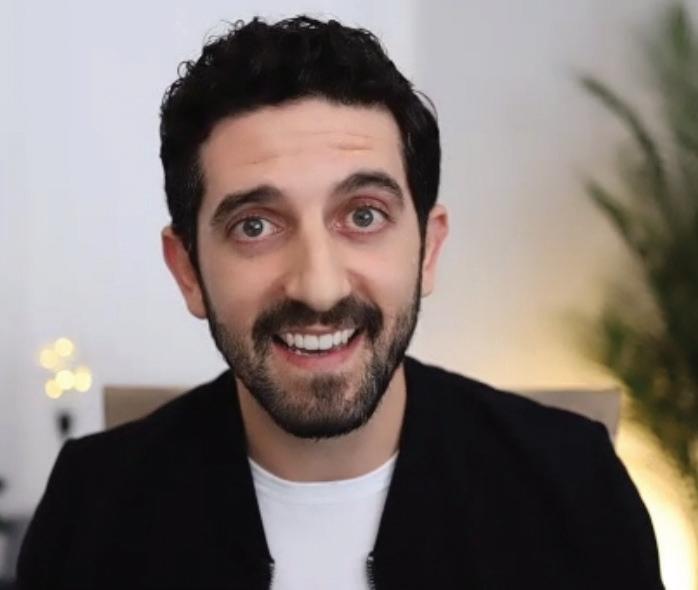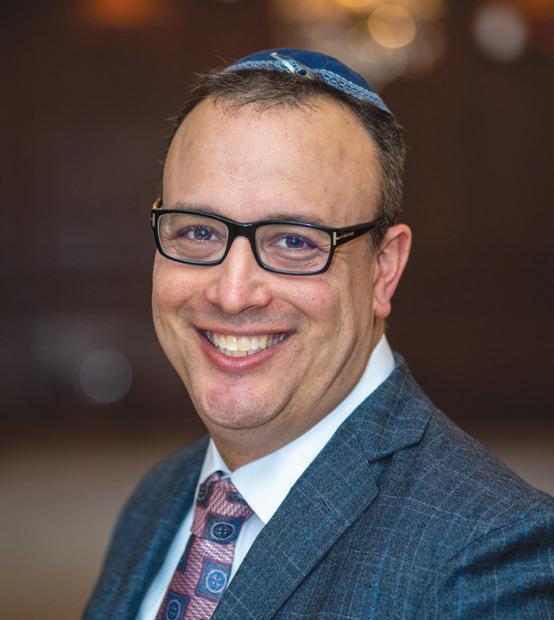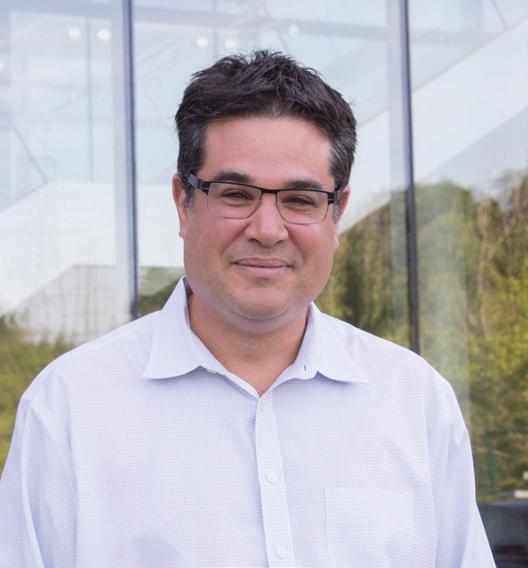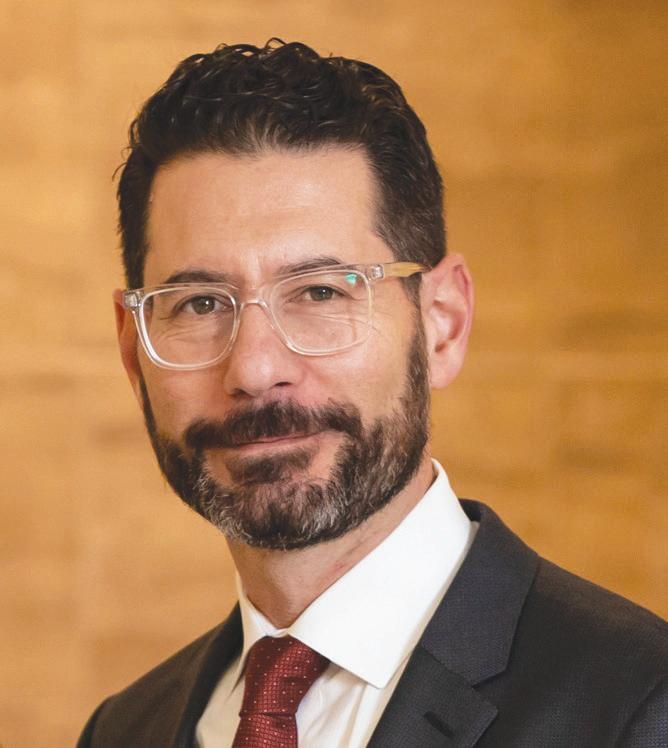Message from the President, Board of Directors Howard Simkevitz ’91
E
ver since it was first declared, the COVID-19 pandemic continues to weigh heavily upon us. However, if you walk the hallowed halls of our school, you will not find the forlorn looks of the downtrodden. Instead, you will find halls filled with ruach, and if you could see under their masks, the smiling faces of kids being able to be kids. The return to in-person instruction in September 2021 was a critical step – a step among many that we have taken, and will take, as we walk the seemingly long road of return to pre-pandemic life. It was not without significant effort but we knew taking this step was for the benefit of our students. Truth is, we have some knowledge of what that destination looks like (after all, we have been there before), and so we move forward, peering off into the distance – scanning the horizon for signs of familiarity. While this road forward is rarely a direct path, we do our utmost to stay the course and steer clear of bumps along the way. But as with human character, no road is flawless – some parts need work. It is, ultimately, up to us to identify the bumps and manage them accordingly. In this respect, I am reminded of the study of Mussar, the ethical practice according to the teachings of the Torah. It provides instructions on how to live a more meaningful life — based on the idea that by cultivating inner virtues, we improve ourselves. Mussar teaches us that each person has a number of midot, or attributes, such as humility, righteousness, gratitude, generosity and patience. Everyone has midot in which one excels and other midot that require some work. Our road presents attributes as well, and whether you are a student, a parent, or staff member there are ample school experiences enabling us to take stock and act toward betterment. We are not necessarily interested in the ones that come easy. Perhaps you are reluctant to try out for a sports team for fear you will not make it. Maybe you want to volunteer for a school committee but think others are better qualified. Possibly there is a colleague that may need some assistance, but you have not had the courage to ask or otherwise act. If the pandemic has shown us anything, it has demonstrated the ease with which we can disengage. It is a much greater challenge to actively participate, and to leave one’s comfort zone not only physically, but emotionally. As we continue our return to normal, we should see any obstacles as opportunities to better ourselves, our school and our community. Let us think critically about our own perceptions of the difficulties we may face. While we cannot necessarily change the road we are on, we can change how we navigate it. ◆
4 | CHATTER Magazine FALL/WINTER 2021









